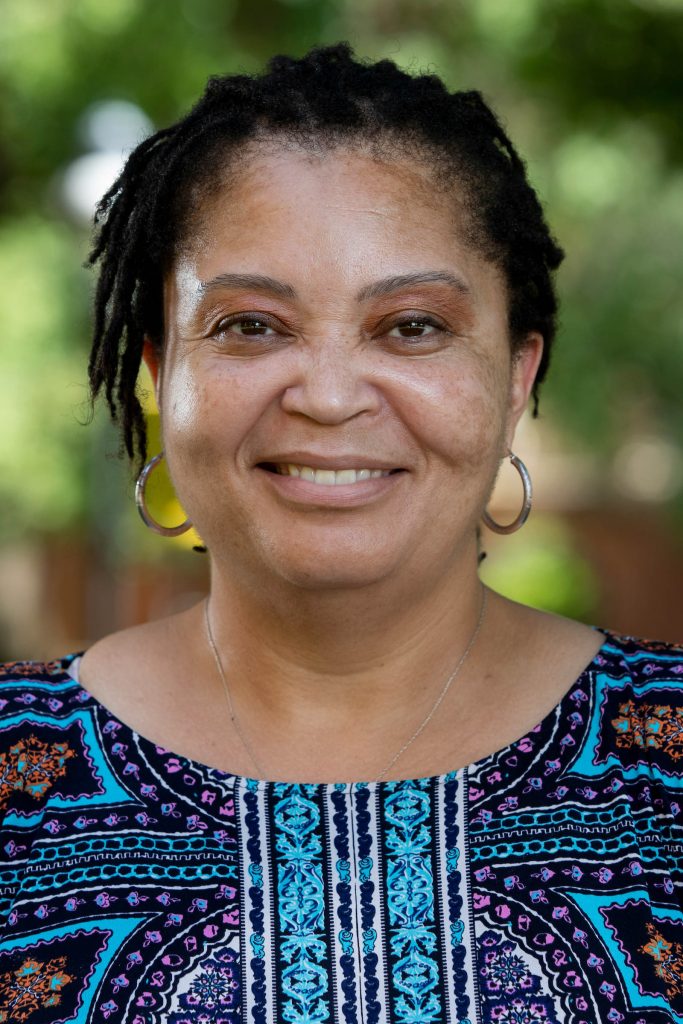Access Services
Access Services
The Coordinator of Access Services works with students with documented disabilities in order to ensure that they receive equal access to and reasonable accommodations for all Randolph College programming and academic pursuits.
The Office of Access Services is located on the fourth floor of Lipscomb Library in the Academic Services Center and is open 8:30 a.m. to 5 p.m. Monday through Friday.
Contact
Larvail Jones
Coordinator of Access Services
ljones@randolphcollege.edu
434-947-8132
Fax: 434-947-8399
Office of Access Services
Randolph College
2500 Rivermont Avenue
Lynchburg, VA 24503

